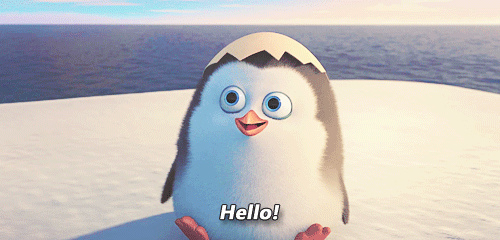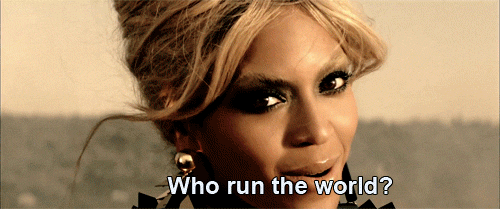Rupi Kaur is an Indian writer and artist based in Toronto, Canada whom I have been following on Instagram ever since I arrived at Duke. Her artwork and poems depict love, fear, womanhood, pain, nature and so much more in ways that are so new and fascinating to me.
But, one Rupi Kaur poem has stuck with me for as long as I remember.

rupi kaur
i want to apologize to all the women i have called beautiful
before i’ve called them intelligent or brave
i am sorry i made it sound as though
something as simple as what you’re born with
is all you have to be proud of
when you have broken mountains with your wit
from now on i will say things like
you are resilient, or you are extraordinary
not because i don’t think you’re beautiful
but because i need you to know
you are more than that
― Rupi Kaur
Tell me that wasn’t the most beautiful thing you’ve read!
Now that I’ve let my nerd out a little, let me introduce myself.

Hi world! My Name is Edom. I was born and raised in Addis Ababa, Ethiopia, and came to the United States about seven years ago. I was lucky to grow up in two different cultures because it allowed me to look at things from different perspectives. Growing up in this “gray area” of cultural identity often offered me answers to a lot of questions I had about norms and social expectations during my time in the United States. But, one thing I never understood: why is it common belief that the best thing a woman has to offer this world is physical beauty?

I mean why is it that women’s qualities and best attributes have to be reduced to physical beauty capped by narrow Eurocentric standards?
Now, you may be wondering, “What does this have anything to do with The Moxie Project?”. This topic answers the question of “why feminism” and what feminism means to me.
From a very young age, in most cultures, girls are raised to believe their strongest asset to be their beauty. Not their brilliance, courage, kindness, bravery, or the million other things they are able to accomplish. We are told that “looking pretty’ will get us farther in life than confidence or resilience ever will. This ideology is so instilled within our society that girls internalize these ideals. Our looks and bodies are constantly policed and politicized, while our words and ideas are often patronized. From dress codes that dictate what girls wear so “the boys don’t get distracted,” to offices that deem natural hair “unprofessional”, our society is focused on all the wrong areas concerning girls.

I’m so excited to be apart of the Moxie Project and work with GGE: because for me, feminism is giving girls the support to reach their fullest potentials and eliminating the roadblocks that stop them from doing so, whether that is negative social norms or systematic oppression. I want to draw emphasis to the importance of education, activism and confidence of girls who have the ability to be much more than just pretty and acceptable. I want to work to make girls realize that they are leaders and pioneers; as I have been lucky to meet some amazing woman who are phenomenal role models during my year at Duke.
As Brigham Young put it, “You educate a man; you educate a man. You educate a woman; you educate a generation.” And, the way I see it, you empower a woman; you empower the world. Or simple put…


First off, that poem is beautiful and you should know that I am now following Rupi Kaur on instagram and her work is amazing. Second, I’m really glad you brought up this point of using beauty as a way of placing value on a girl or woman because I think this is something we often don’t recognize is happening. We might think complimenting another woman’s physical attractiveness or ability to put on make up or do one’s hair is harmless or encouraging, but it can promote the idea that this is how we should measure women. That isn’t to say that I think complimenting one another is wrong, (we should be reminding each other that we are all indeed beautiful women) but we should be putting MORE worth on attributes such as intelligence, hard work, and ambition. I think this is going to be really important for both of us to keep in mind this summer as we work at GGE and are thinking about the impact our words and actions will have on the young girls we are interacting with.
Great first blog!
Thank you so much for bringing this up, Edom! The premium that society places on beauty is an issue often talked about but seldom understood. On the one hand, beauty standards make women feel like they need to place the “quality” of their physical appearance (according to whom?) before their other attributes, and Rupi Kaur puts it so perfectly when she makes the distinction between something you’re “born with” and something you work for and individualize yourself with. But on the other hand, these beauty standards alienate many women to the point that they shun their own bodies altogether. I think about feminists who privilege the mind/the intellect/etc. so much over the body that they forget to love the bodies they have, or other feminists who grapple with the fact that women are “weaker” than men or are put at a disadvantage compared to men because of their size/strength/childbearing capacities. It’s such a complex issue and one that I hope we can keep talking about this summer!